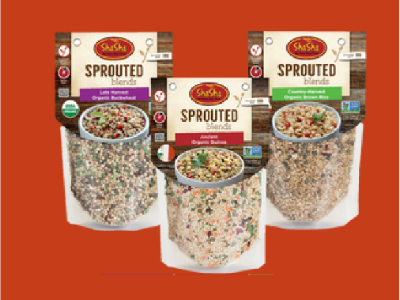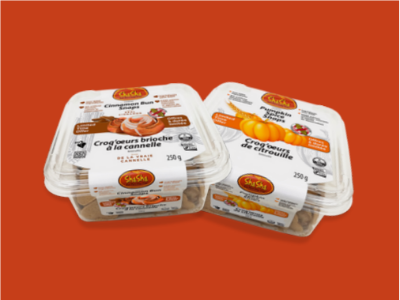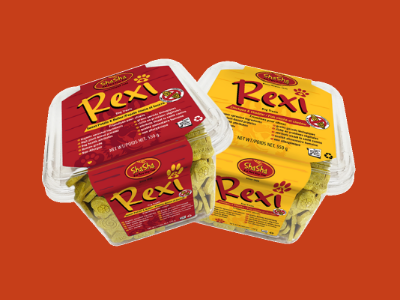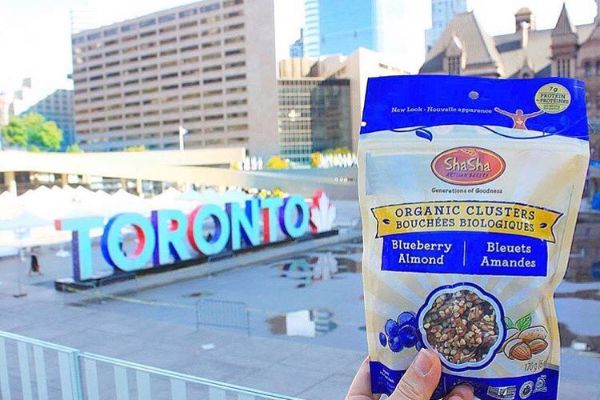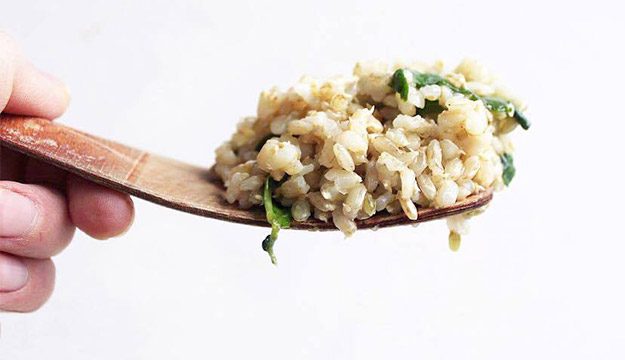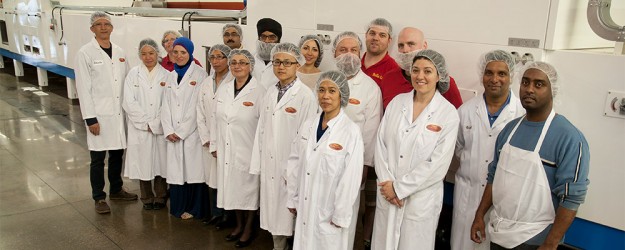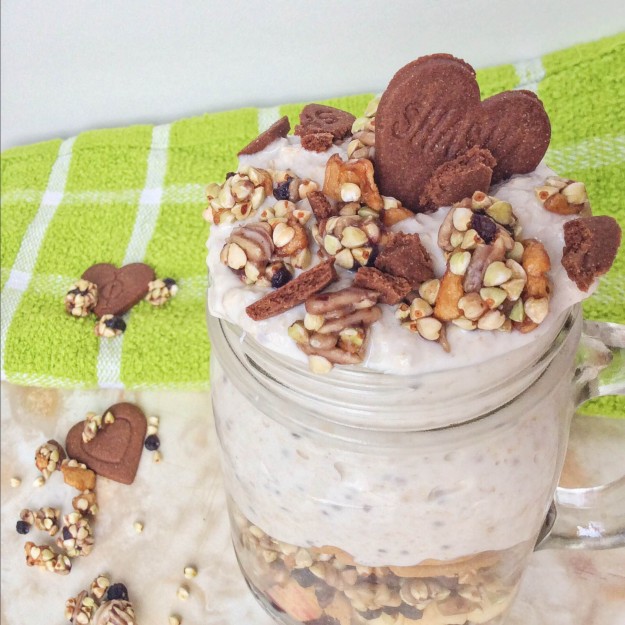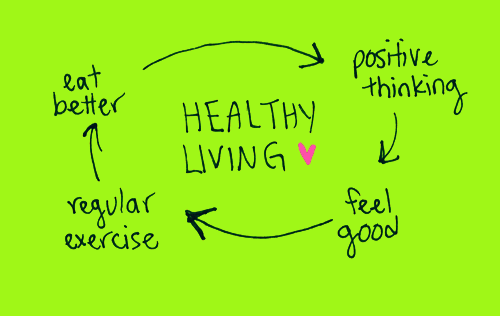“Eat food grandma would recognize” is a tenant that I like to keep in mind when doing my weekly shopping. Trouble is, reading food labels is getting both difficult and disquieting when half the ingredients are unrecognizable and the other half are unpronounceable, especially when it comes to preservatives. I mean what is Carnobacterium maltaromaticumCB1 anyway? So we decided to take a closer look at what preservatives are and what impact they have on our health.
Preservatives: A Beginner’s Guide
Preservatives are substances which are added to food to prevent unwanted chemical reactions, retain appearance and nutritional value and delay spoilage by bacteria and other microorganisms. Class 1 preservatives are natural substances like citric acid, salt, sugar and vinegar.
Class 2 preservatives are synthetic chemicals created as anti-enzymatics, anti-oxidants and antimicrobials. These include the benzoates, nitrates, sorbates, sodium and potassium nitrates, sulfites, glycerides and glutamates.

Harmful effects of Preservatives
Studies show that preservatives including aspartame, sulfites, benzoates and yellow dye No. 5 can cause difficulty breathing and severe to fatal reactions in about 5% of asthma sufferers.
A 2003 study of 1,873 children by the journal “Archive of Disease in Childhood” found a connection between hyperactivity and preservatives. From the study: “There is a general adverse effect of artificial food coloring and benzoate preservatives on the behavior of 3 year old children which is detectable by parents but not by a simple clinic assessment.”
Researchers at Shanxi University in China found food preservatives can weaken heart tissues. According to laboratory research, rats who consumed high levels of food preservatives showed heart tissue damage over time.
When preservatives enter the digestive system, they transform into carcinogens as nitrosamines (including nitrites and nitrates) interact with stomach and gastric acids to form cancer-causing agents. These preservatives are allowed in food as it is estimated that the danger of contracting botulism is greater than the risk of cancer from small amounts of preservatives.
A 2006 study by Susanna Larsson published in the “International Journal of Cancer” showed that high consumption of nitrosamines from processed meat may increase the risk of stomach cancer.
The food labels you rely on to tell you what you are eating are not always exhaustive. Many companies add additional chemicals as ‘processing aids’ (especially in breads) and are not required by law to list these additives on the labels. Over time these chemical concoctions can wreak havoc on your health.
The solution is to eat foods that are as close to natural ingredients as possible; the less processed the better. Opt for 100% organic foods and ingredients wherever possible and try to stick to natural preservatives like salt, lemon juice (citric acid), rosemary extract, vinegar and salt. Choose organic bread, whole grains and high fiber snacks.

